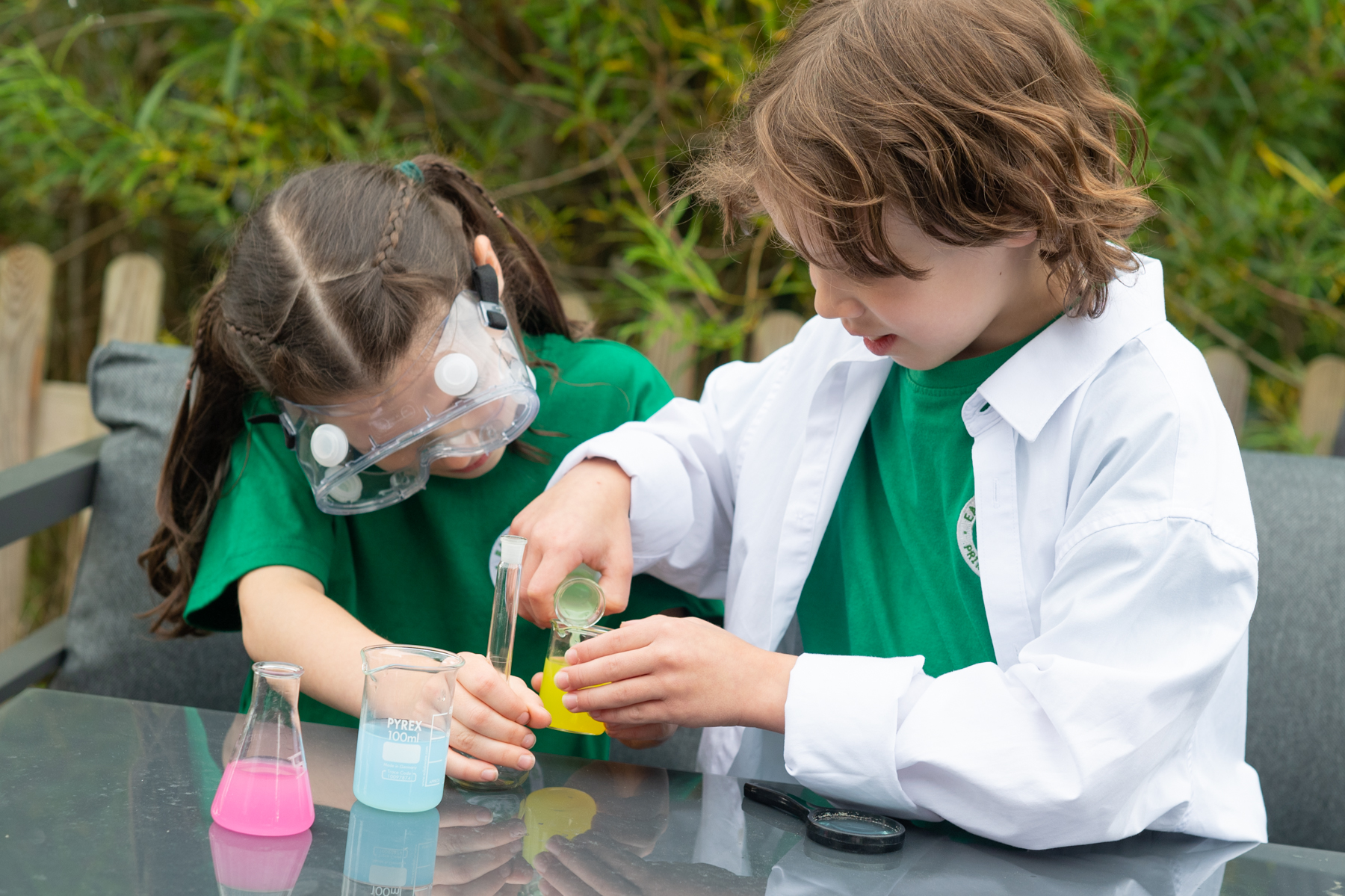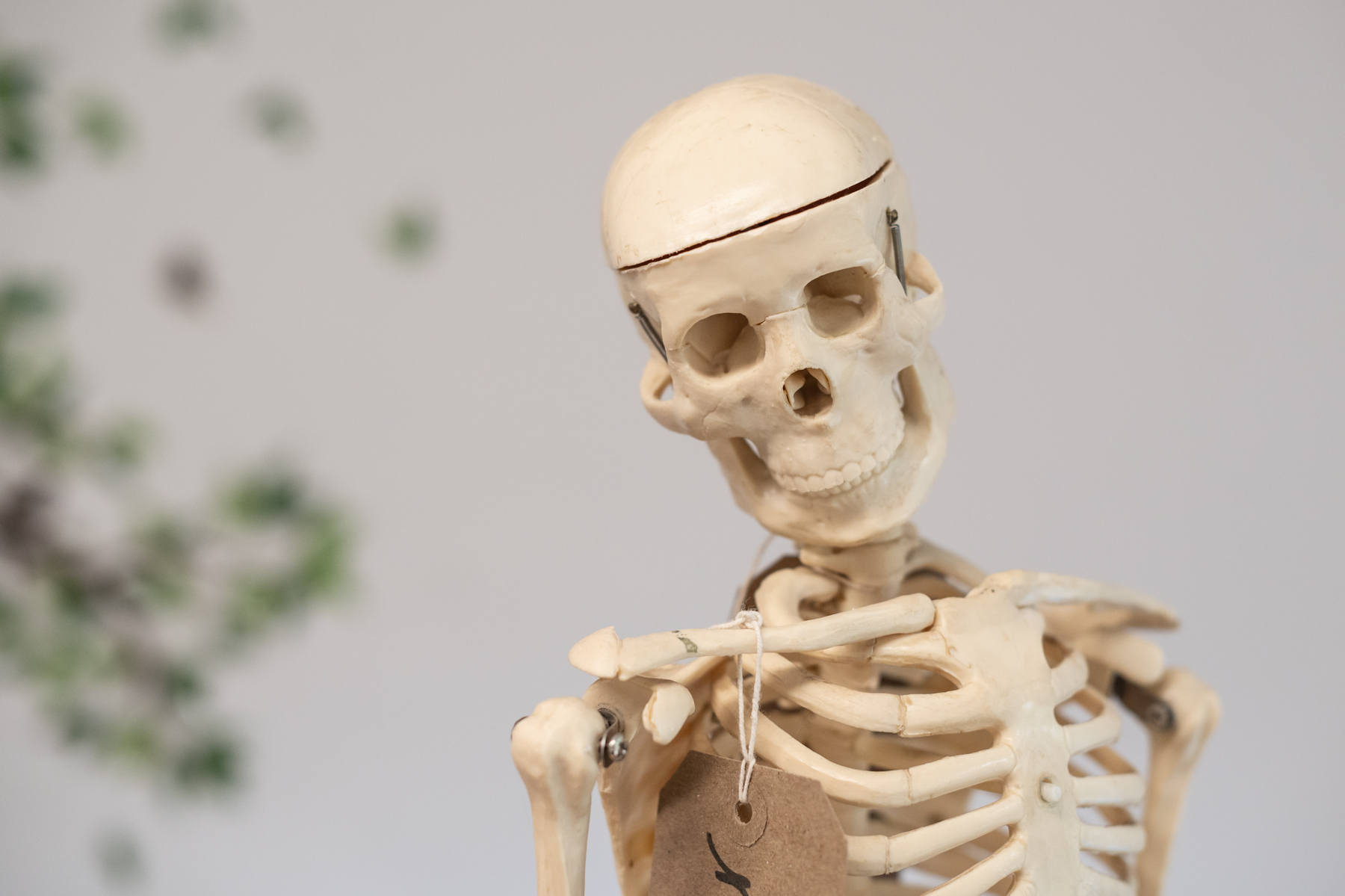Science
At East Farleigh Primary School, we are committed to providing a comprehensive and engaging science education that fosters curiosity and a deep understanding of the natural world. We follow the 'New' Kent Science Scheme (2024), which ensures a rigorous and inspiring curriculum tailored to meet the needs of our pupils.
Our Science Vision
Our vision is to nurture scientific thinkers who are equipped with the skills and knowledge to explore, question, and understand the world around them. We believe in developing a sense of wonder and enthusiasm for science through hands-on learning experiences and practical investigations.

Key Features of Our Science Curriculum
1. Hands-On Learning:
We emphasize practical, hands-on activities that allow children to experiment, observe, and draw conclusions. This approach helps students develop critical thinking and problem-solving skills while making learning enjoyable and memorable.
2. Enquiry-Based Approach:
Our curriculum encourages an enquiry-based approach, where children are guided to ask questions, conduct experiments, and explore scientific concepts in depth. This method promotes independent learning and a deeper understanding of scientific principles.
3. Progression of Skills:
The Kent Science Scheme ensures a clear progression of skills and knowledge from Early Years through to Key Stage 2. Each year builds on previous learning, allowing pupils to develop a solid foundation and advance their scientific understanding systematically.
4. Cross-Curricular Links:
We integrate science with other subjects to provide a holistic learning experience. For example, mathematical skills are applied in data collection and analysis, while literacy skills are enhanced through writing reports and presenting findings.
5. Outdoor Learning:
Our outdoor spaces, including the forest school area and biodiverse garden, provide unique opportunities for environmental science and ecological studies. Children engage with nature firsthand, fostering a love for the environment and a practical understanding of scientific concepts.
6. Use of Technology:
We utilise modern technology to enhance science learning. Digital microscopes, interactive whiteboards, and data logging equipment are just some of the tools that help bring science to life in our classrooms.
7. Real-World Connections:
We strive to connect classroom learning with real-world applications. Through partnerships with local organizations, guest speakers, and field trips, children see how science is used in everyday life and various professions.
Topics Covered
Our science curriculum covers a wide range of exciting topics, including:
• Plants and Animals: Exploring the diversity of life, life cycles, and habitats.
• Materials and Their Properties: Investigating different materials, their uses, and physical properties.
• Forces and Magnets: Understanding the effects of forces and the properties of magnets.
• Light and Sound: Learning about sources of light and sound, and how they travel.
• Electricity: Exploring electrical circuits, conductors, and insulators.

• Earth and Space: Studying the solar system, phases of the moon, and the Earth’s rotation.
We are dedicated to ensuring that every child, regardless of their starting point, can access and enjoy our science curriculum. Differentiated instruction, additional support, and enrichment opportunities are provided to meet the diverse needs of our students.
Progression of Knowledge & Skills & the 'Ten Big Ideas'
Knowledge and skills have been carefully placed across the units and years with sequential component knowledge clearly broken down into steps and composite tasks. Although they are taught together, there is clarity about which knowledge is disciplinary and which is substantive.
There is a brand-new section: 'Ten Big Ideas', which is underpinned by key concepts. As pupils move through the scheme, they will build comprehensive schemata for each of these big ideas, so that new information connects with prior knowledge and can be committed to long-term memory.
Science News
-
Monday 23 June 2025 The EYFS' First School Trip! Today the children in the EYFS went on their first school trip to Tyland Barn, the headquarters of the Kent Wildlife Trust. We were greeted by some lovely volunteers and our trip leader - Matthew. The children adored Matthew and couldn't stop laughing at his funny jokes.
-
Thursday 1 May 2025 Bug Hunting! One of our Early Learning Goals is to 'explore the natural world', well today we did just that with a bug hunt in the garden! We have thoroughly enjoyed our week learning about minibeasts and today we managed to find some in real life. We found: worms, slugs, snails, ants, woodlice, bees, flies, centipedes, spiders and more!
-
Wednesday 30 April 2025 Year 1 Visit the Big Cat Sanctuary Year 1 were incredibly lucky to Visit the Big Cat Sanctuary in Smarden for their school trip. We had the whole place to ourselves - what a fantastic day it was!
-
Wednesday 30 April 2025 What on earth is that! We had such an exciting science lesson this week! We've been continuing our Animals including humans topic, by exploring the key question What can we tell about an animal from looking at its teeth? We were treated to a range of animal skulls, full of their teeth, and we were tasked with using our teethy knowledge to guess whether the animal was a herbivore, carnivore and omnivore.
-
Monday 28 April 2025 Year 2 go wild at Wingham! Our roar-some day out!
-
Friday 25 April 2025 The EYFS Learn About Lifecycles! We have kick started Term 5 in the EYFS with a brand new topic - Growing! This week we have learnt all about lifecycles, we have focussed on the lifecycle of a: human, chicken, frog and butterfly! To immerse ourselves in our learning we have been watching our very own caterpillars growing (and will continue to watch them over the next few weeks while they go through the process of becoming butterflies!) and been pond dipping to look for tadpoles!
-
Friday 25 April 2025 Teeth-tastic week in Year 4 This week, our Year 4 students embarked on an exciting journey into the world of dental science, exploring the mysteries of molars, canines, and incisors. It's been a fantastic opportunity for them to learn how each type of tooth plays a unique role in our daily eating habits. We've delved into the science behind why we need different teeth and how they help us chew different kinds of food. The children have been absolutely thrilled to discover the wonders inside their mouths!
-
Tuesday 25 March 2025 Year 6 - Planning our biographies for Chris Hadfield Year 6 Writing Biographies
-
Friday 14 March 2025 One Small Step For Man... One Great Leap For Yr 6! This week we have been exploring and investigating the significance of the 1969 moon landing.
-
Friday 14 February 2025 Survival Of The Fittest! As part of our creative, outdoor learning we took part in a series of Team Challenges. These ranged from an end of term mixed topic quiz to a plastic recycling task.
-
Sunday 26 January 2025 What are our 5 senses? We investigated our 5 senses by just focusing on one sense to predict what we could hear, smell, touch, see and taste. The children wrote down their predictions on their white boards. What could you feel in the box? What could you smell? What could you taste when you couldn't feel or see it?
-
Friday 13 December 2024 Yr 6 Science: Fascinating Fossils
-
Thursday 28 November 2024 Super Science! We had a fantastic time this week experimenting with light and shadows. We wanted to explore how shadows changes throughout the day depending on the position of the sun. It was amazing to see how the shadows shortened when the 'sun' (our torch) were at their shortest when the light was right over our object.
-
Wednesday 13 November 2024 Year 5 Fabulous Flowers! Year 5 have been learning about parts of the flower in Science. Over half term the children created 3D models of a flower to help them remember their learning. Here are some of their amazing creations!
-
Wednesday 13 November 2024 To Space and Beyond... Year 5 have begun their learning about Space in Science. They began by researching information about Tim Peake and then presenting their findings during our class oracy assembly.
-
Friday 8 November 2024 What's the matter? This week, we encouraged our students to explore the concept of matter in its various forms. We discovered that matter can exist as a solid, liquid, or gas. For instance, children observed how ice (a solid) melts into water (a liquid) and how water can then turn into steam (a gas) when heated. This exploration helped them grasp the idea that all matter is made up of tiny particles that behave differently depending on their state.
-
Thursday 7 November 2024 Let there be light! Year 3 have been busy during science investigating how different amounts of light effect what we can and can't see! We were surprised at how little light we needed to work out what the objects in the boxes were"
-
Friday 18 October 2024 All about Autumn! Today was all about Autumn in Class 2.
-
Friday 4 October 2024 Magnificent Mini-beasts This term, Class Two have been learning about Living Things and what is necessary for their survival. This week, we refined our knowledge of habitats by exploring microhabitats. We considered what microhabitats we might find within our school grounds, and made predictions about which mini-beasts we might find living there. We decided it would be best to explore the field, gardens and Forest School area.
-
Friday 27 September 2024 What will keep us dry?
-
Friday 27 September 2024 Super Science in Yr 6! This week we have looked at classification with the use of observation, questioning and identification we have created a range of dichotomous keys. We have also started looking at the micro world of bacteria; we have an ongoing experiment on our windowsill, testing how well we have washed our hands...watch this space for the shocking results!
-
Sunday 22 September 2024 We Rock at rock experiments! Great investigations this week testing out different rocks to assess their permeability.











